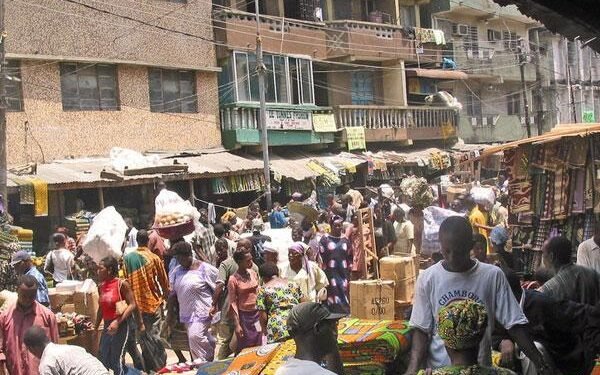Nigerian banks have reportedly started paying a debt they owed operators, following the payment plan that was agreed upon in the last quarter of 2023. As of November 2023, Nigerian banks owed telecom firms ₦200 billion (about US$132 million) for using their unstructured supplementary service data (USSD) services.
That debt has been a source of friction between banks and telcos for six years, a situation that has led to the intervention of the Central Bank and the Communications Commission.
A long time after a meeting in late 2023 produced a payment plan, the banks have reportedly begun paying the debt, albeit, according to Gbenga Adebayo, President of the Association of Licenced Telecommunication Operators of Nigeria (ALTON), very slowly.
Confusing matters, however, is the argument by some banks that there was no defined agreement between the banks and operators about sharing USSD fees, so how the telcos arrived at the debt figure isn’t entirely clear. That said, regulators eventually sided with the operators, though operator threats to disconnect banks from using USSDs may have helped.
The USSD, originally designed by telecom companies to provide airtime and subscriptions to customers, was a hit with banks because, unlike mobile banking, customers don’t need the internet or smartphones to use USSD.
In 2021, Nigerians reportedly sent ₦5.1 trillion (about US$3.3 billion) via USSD. That figure fell to ₦4.4 trillion (about US$2.9 billion) by 2022.
The operators argue that USSD is an important channel for banking and that banks should collect and remit the applicable fees. Some banks feel that the responsibility for collecting the debt should fall to operators as the entire fee (just under seven naira or around half a US cent) per USSD transaction goes directly to them.
Customers, at least, should find using the system easier after last year’s announcement by ALTON that all network operators had started implementing harmonised shortcodes. Before this, every commercial bank and operator in the country had distinct USSD codes to perform transactions. Now bank and operator customers can perform bank transactions and check airtime balances with a uniform code.









